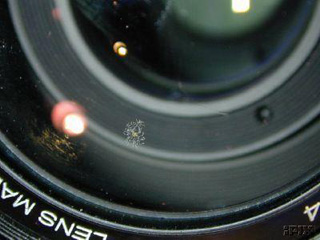O
orionrider
Guest
I was thinking of buying a second hand telescope, something cheap since the 'seeing' in my area is probably one of the worst in the world. But the instruments I found were all quite old (>10 years). I'm concerned about fungus, which has effected some of my camera lenses.
Example of fungus on camera lenses:


Are telescopes more or less affected by fungus than camera lenses? Is a reflector better or worse than a refractor telescope?
Sometimes fungus can be cleaned, if it has not etched the glass. But disassembling a camera lens is often really hard, sometimes impossible (cemented lenses). Is a telescope easy to dismantle in order to clean the fungus?
Any suggestions, other things to check in 2nd hand scopes :?:
Example of fungus on camera lenses:


Are telescopes more or less affected by fungus than camera lenses? Is a reflector better or worse than a refractor telescope?
Sometimes fungus can be cleaned, if it has not etched the glass. But disassembling a camera lens is often really hard, sometimes impossible (cemented lenses). Is a telescope easy to dismantle in order to clean the fungus?
Any suggestions, other things to check in 2nd hand scopes :?:


